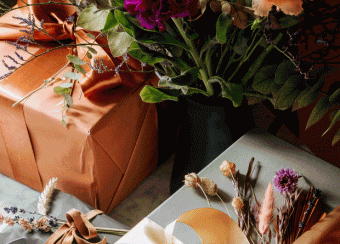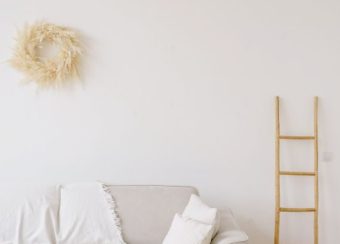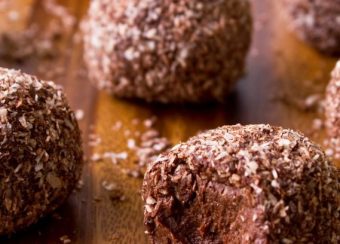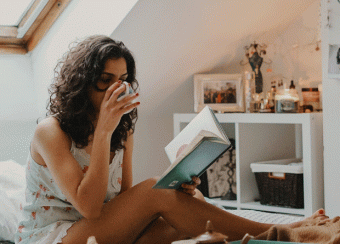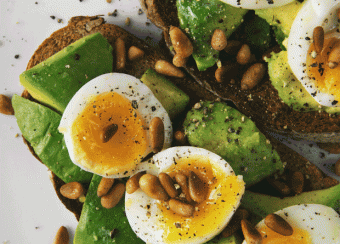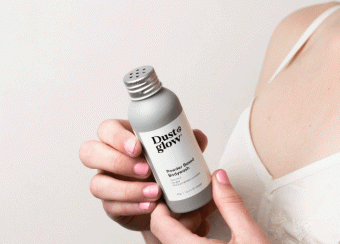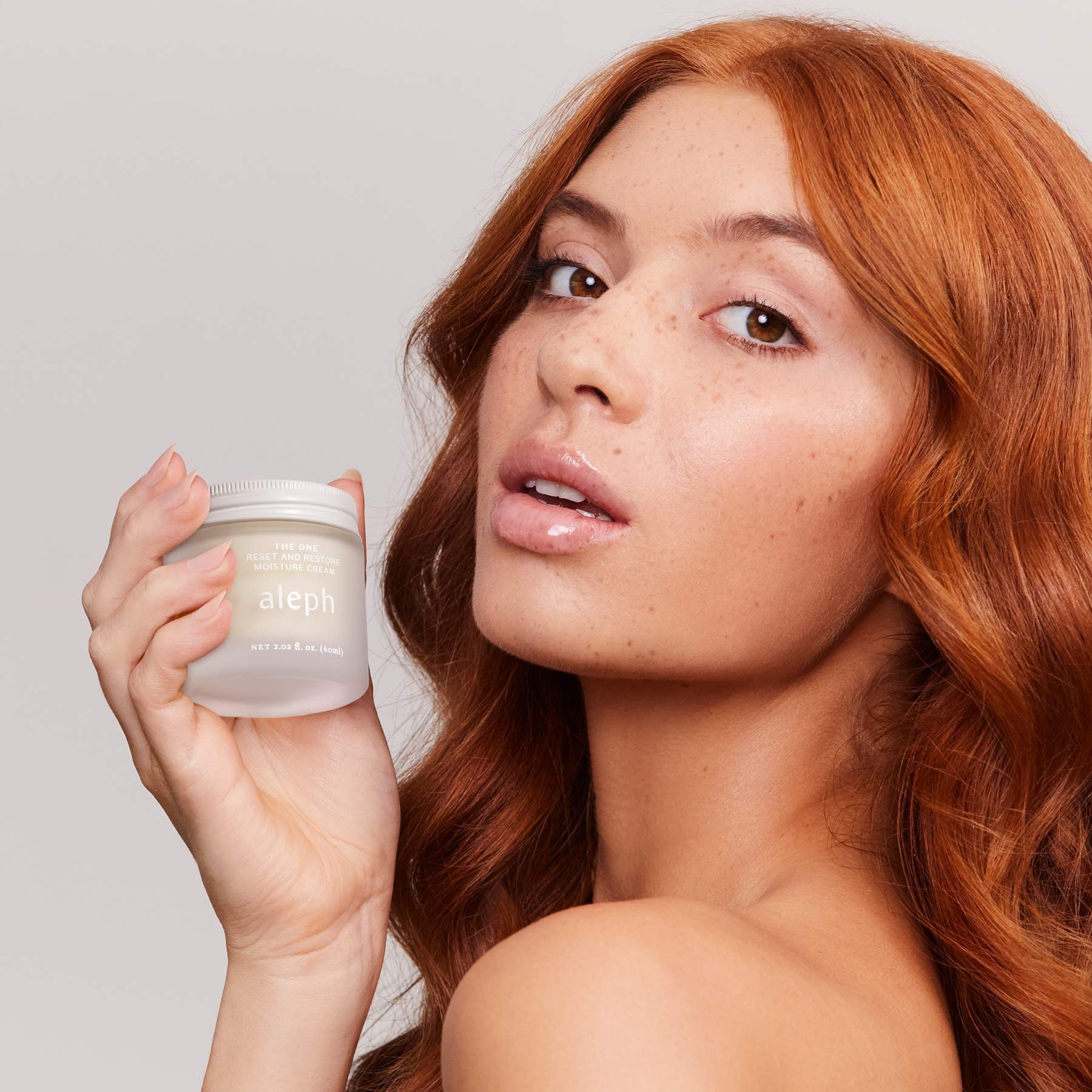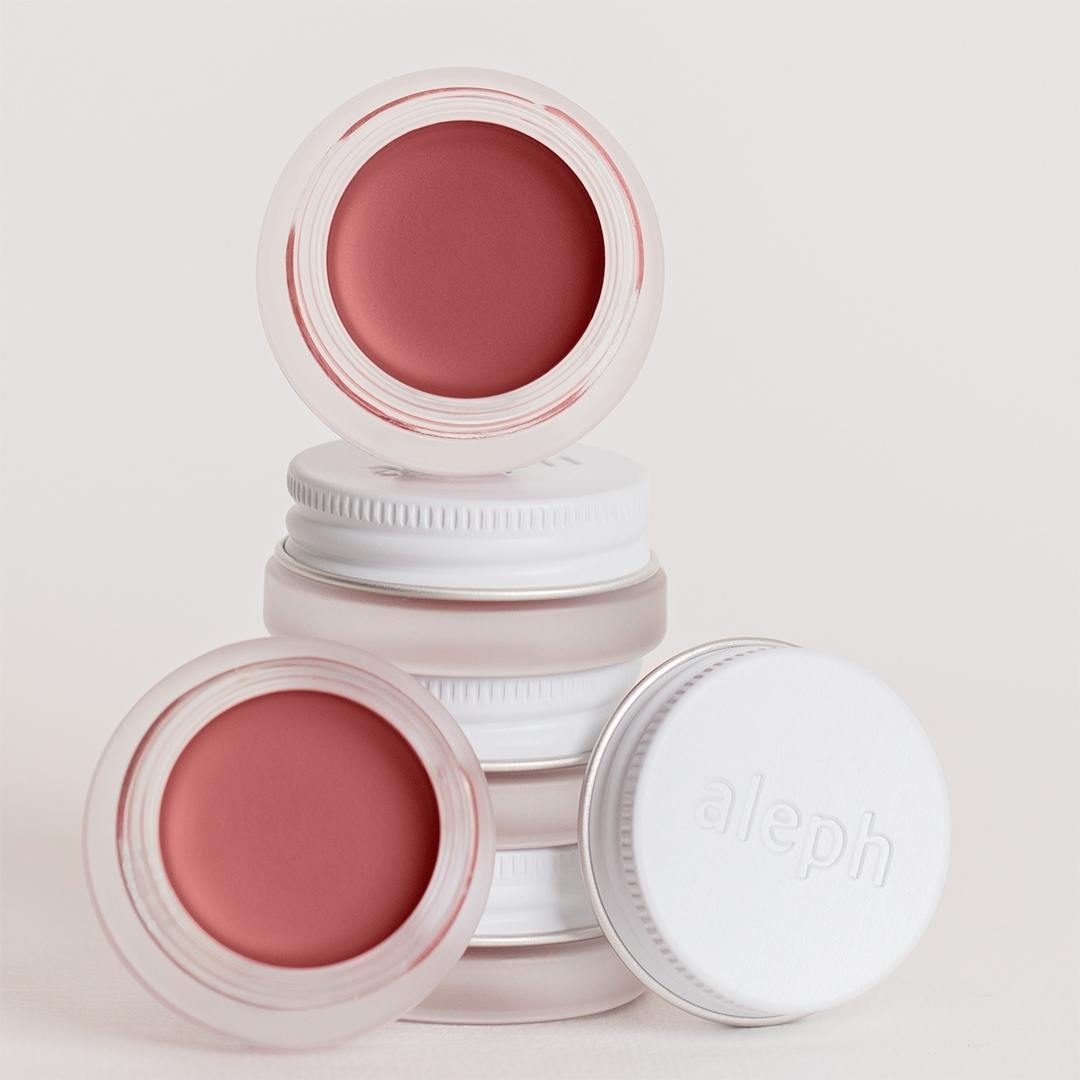No-Fail Tips For Better Sleep
17/08/2020 2021-09-26 19:35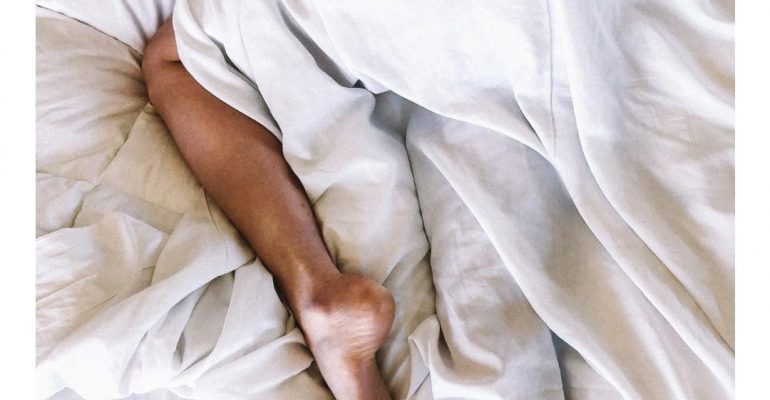
No-Fail Tips For Better Sleep
Do you need to get better sleep? If you’re waking up feeling a little tired and dusty, it can have a profound effect on your whole day. It can be harder to remember things, like where you left the keys when you’re rushing to get out the door, or maybe at work, you don’t feel as focused or productive as you could be. To feel your best during the day, you need to sleep well at night. Unfortunately, for many, this is no easy task, but there are some simple steps you can take to help you hit the hay and stay there…[
1. Keep it regular
Try and stick to a sleep schedule of the same bedtime and wake up time, even on the weekends. This helps to regulate your body’s clock and energy levels, and could help you fall asleep and stay asleep throughout the night.
2. Set the scene
The ideal room for a great night’s sleep is cool and dark. Keep heaters out of the room and be sure to have a good set of curtains or shutters to block unwanted light. Next, choose the bedding (and sleep position) that’s best for you. A comfortable mattress and pillows are essential for good sleep, but whether they’re soft or firm is up to you. The pillow you choose may depend on your preferred sleep position. If you’re a side sleeper (as most people are), your pillow should comfortably support your head, neck, and ear as well as your shoulders. People who sleep on their backs should consider a thinner pillow to limit stress on the neck.
3. Consider the Kondo approach
Decluttering your bedroom can have a huge effect on how you feel as you drop off to sleep. If your bed feels dreamy but your room is a mess, you could be at a higher risk for sleep problems. A study presented at the June 2015 SLEEP conference in Seattle suggests that those surrounded by clutter were more likely to have a sleep disorder. What your eyes see when you walk into a room can influence whether or not you’ll have an easy time falling asleep, so clear your space and make sure that it sparks joy!
4. Avoid alcohol and caffeine
We’re sorry to break the news, but if you do have a snack before bed, wine and chocolate shouldn’t be part of it. Chocolate contains caffeine, which is a stimulant. Surprisingly, alcohol has a similar effect as it’s actually a stimulant and disrupts sleep during the night.
5. Start a sleep ritual
Just like a story before bed helped you drop off when you were a child, having a sleep ritual can work just as well now you’re an adult. Rituals help signal the body and mind that it’s coming to be time for sleep, so create a routine before going to bed that promotes relaxation. This could include a warm bath, reading a book, or drinking warm milk. The amino acid tryptophan in milk helps produce serotonin (happy hormone) and melatonin (sleep hormone), or if you’re dairy-free, try a soothing chamomile tea.
6. Make skincare selfcare
Mindfulness is based on the premise of giving yourself permission to focus on one thing at a time and being present in the moment. It’s an approach practiced by the Slow Beauty movement, and the antithesis of the 10-step, crazy routines that many beauty giants suggest we all adhere to. Instead of just going through the motions it involves creating a skincare ritual, pausing to be present, and taking the time to really enjoy the process of giving yourself a little love. Take time with your cleansing routine, and if you’re a fan of oils, start using your favourite for a little facial massage before you settle in for the night.
7. Switch off
To give yourself the best chance at a great night’s sleep, turn computers and phones off at least an hour before bed. The screens promote wakefulness too, so don’t get into the habit of checking these devices in bed no matter how long it takes you to drop off.

